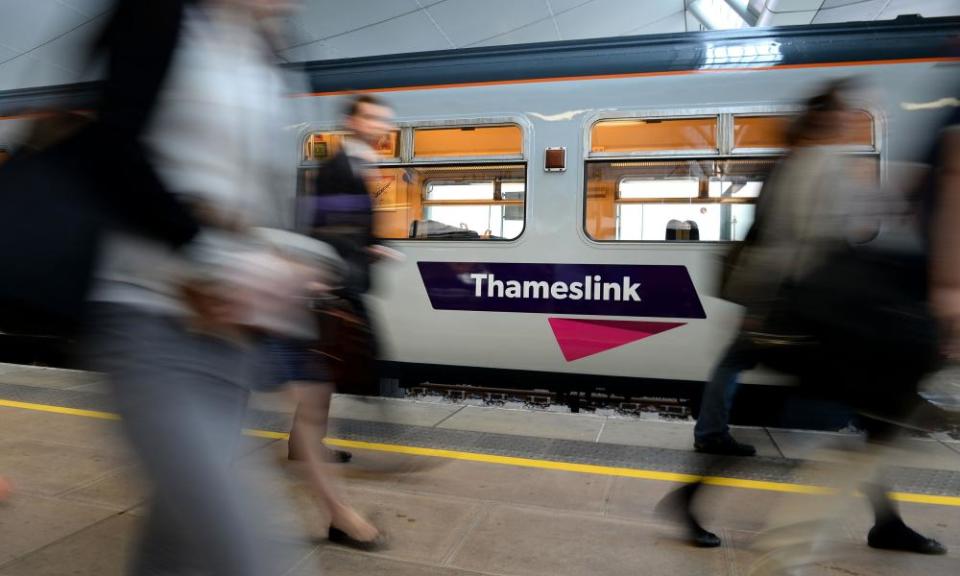How have you been affected by the Northern and Thameslink train chaos?

Hundreds of trains have been cancelled and many more delayed in disruption that has affected passengers in northern and south-east England the past two weeks. Commuters have been hit by altered or reduced services as part of the biggest change to timetables in living memory.
Why is this rail timetable change significant?
New timetables are published every year but normally with minor tweaks. This year Govia Thameslink Railway, which carries about 500,000 passengers daily, has redrawn its schedules from scratch.
Why has it done that?
The rebuilding of London Bridge and surrounding track infrastructure, new trains, and new infrastructure allowing partial automation means more services can run through the capital, carrying more passengers. Some can be rerouted to cut journey times, while others will stop at new stations offering more direct services.
So is it a good thing?
Overall, it should be: GTR believes it will use its capacity more efficiently. About 400 more trains will run, with space for 50,000 more people to travel into London in the morning peak.
What’s the problem?
While the new timetable should benefit a greater number, many people have built their work and family routines around a particular train.
Removing or rescheduling services could make some existing commutes untenable without flexible work starts or childcare, passenger groups say, or force some into taking more expensive peak trains. For a month-long transitional period, services will be reduced at some stations. And engineering work means some commuter towns have fewer trains until 2020.
Where are the changes coming?
Every train on the GTR service will run at a new time: that includes Thameslink trains between Bedford and Brighton; Great Northern trains from London into Hertfordshire and Cambridgeshire; Southern services from Sussex and parts of Surrey, Kent and Hampshire to the capital.
How do I know if I’m affected?
Passengers should check their train times at National Rail's website
Govia Thameslink Railway, which operates a franchise operating a quarter of all UK rail journeys, has rescheduled all of its trains and added 400 services a day.
But unions have said existing infrastructure will struggle to cope, and passenger groups have highlighted regular commuter routes that are to be withdrawn.
Emily Ketchin, the founder of the campaign group Harpenden Thameslink Commuters, accused GTR of cutting key Harpenden services by a third without consultation. “This is going to have a real impact on people’s ability to get to work, especially working parents who already struggle with juggling childcare and work commitments,” she said.
A GTR spokesman said the new timetable had been developed with careful analysis over many years, and had been under consultation for 18 months with 28,000 responses.
Share your experiences
If altered timetables or transport disruption has affected you, we’d like to hear from you. Share your stories via our encrypted form below and we’ll feature some of your responses as part of our coverage. You can also share your stories, photos and videos with the Guardian via WhatsApp by adding the contact +44(0)7867825056.
If you’re having trouble using the form, click here. Read terms of service here.

 Yahoo Finance
Yahoo Finance 